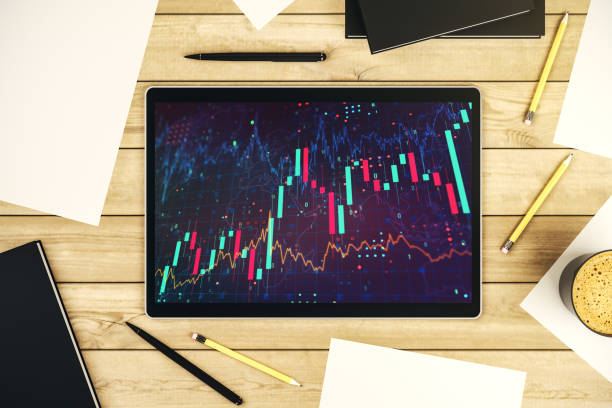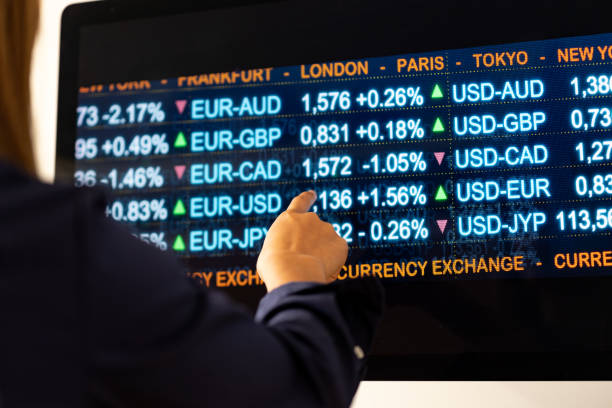Futures contracts are financial derivatives that oblige the buyer to purchase some underlying asset (or the seller to sell that asset) at a predetermined future price and date. Futures contracts are standardized and traded on a futures exchange. They derive their value from an underlying asset, such as a commodity, a security, or a currency. Futures contracts are a way of betting on the future price of an asset or hedging against the risk of unfavorable price changes.
There are many types of futures contracts available for trading, depending on the type of underlying asset. Some of the most common types of futures contracts are:
l Equity futures: These are contracts based on the performance of a stock market index, such as the S&P 500, the Dow Jones Industrial Average, the Nasdaq 100, or the Russell 2000. They allow traders to gain exposure to a broad basket of stocks without owning them individually. Equity futures are popular among investors who want to diversify their portfolio, hedge their equity risk, or speculate on the market direction.
l Commodity futures: These are contracts based on the performance of a commodity, such as crude oil, natural gas, corn, wheat, gold, or silver. They allow traders to gain exposure to a physical good without owning it or storing it. Commodity futures are popular among investors who want to hedge their inflation risk, diversify their portfolio, or speculate on the commodity cycle.
l Currency futures: These are contracts based on the performance of a currency pair, such as the euro/US dollar, the British pound/US dollar, or the Japanese yen/US dollar. They allow traders to gain exposure to a foreign currency without exchanging it. Currency futures are popular among investors who want to hedge their currency risk, diversify their portfolio, or speculate on the exchange rate movements.
l Interest rate futures: These are contracts based on the performance of an interest rate, such as the US Treasury bond yield, the Eurodollar deposit rate, or the federal funds rate. They allow traders to gain exposure to a financial instrument without buying or selling it. Interest rate futures are popular among investors who want to hedge their interest rate risk, diversify their portfolio, or speculate on the monetary policy.
These are some of the types of futures contracts, but they are not the only ones. Traders can also find futures contracts based on other assets, such as volatility, environmental factors, or cryptocurrencies. Traders should use a combination of indicators and tools that can help them analyze the market trends, momentum, volatility, and volume of the underlying assets and the futures contracts. They should also be aware of the benefits and risks of trading futures, such as leverage, liquidity, margin, and settlement.







